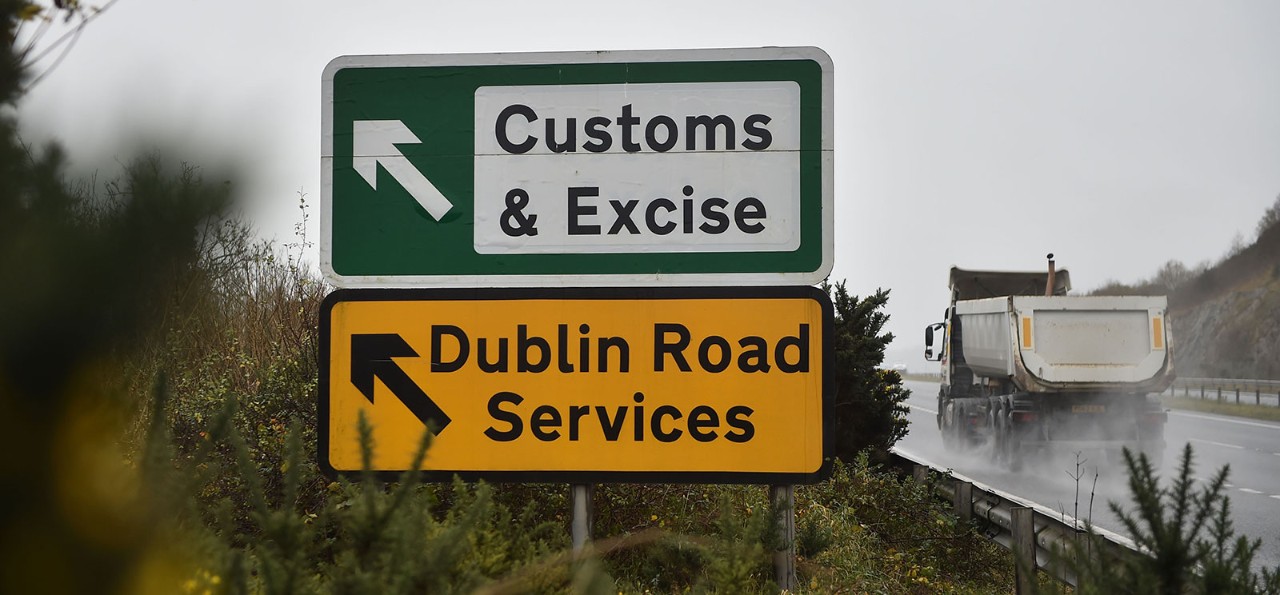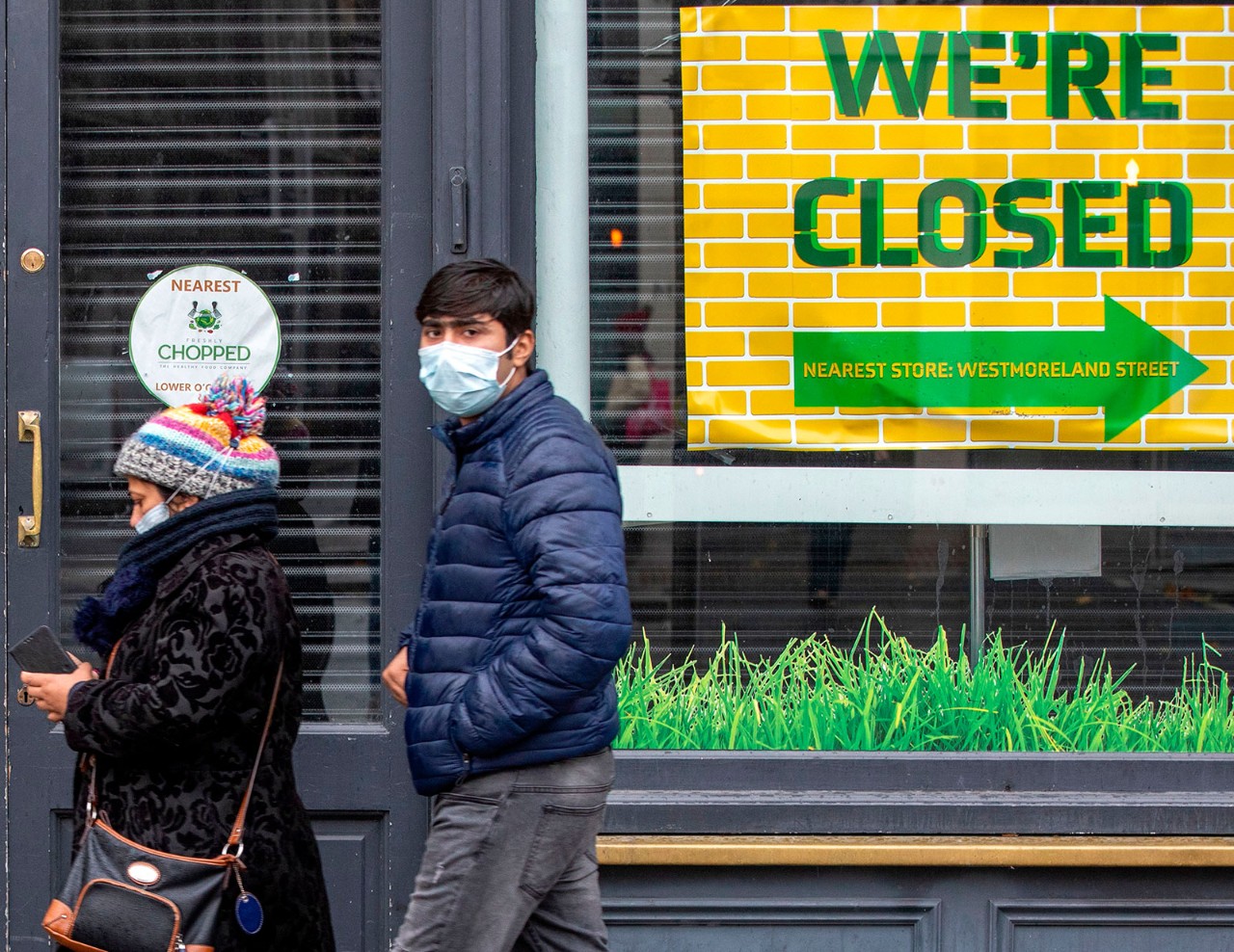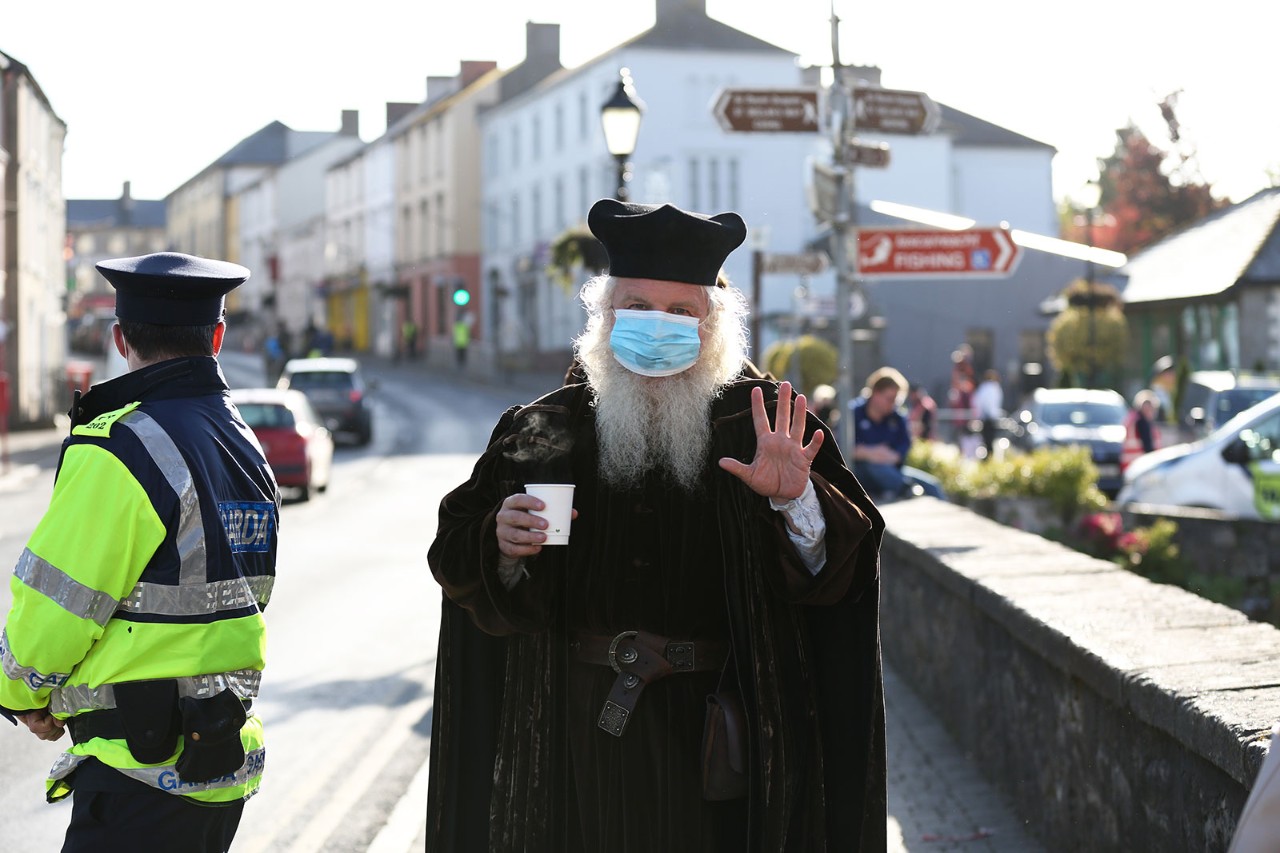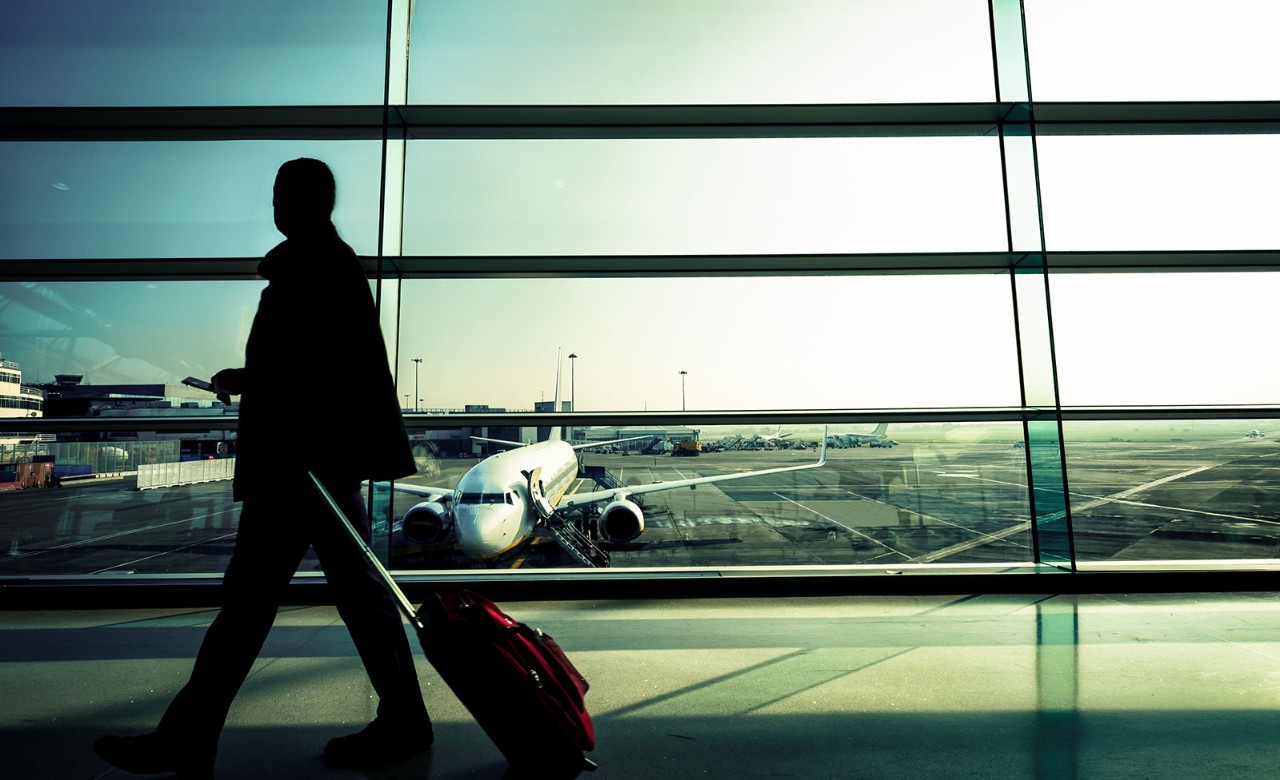
With little more than a month before the end of the transition period, preparations for the UK to fully leave the EU are incomplete, according to a report from the National Audit Office (NAO).
‘Disruption is likely and government will need to respond quickly to minimise the impact, a situation made all the more challenging by the Covid-19 pandemic,’ observed NAO head Gareth Davies.
Despite announcing spending of £1.41bn this year for new border infrastructure, it is unlikely that this will be fully ready by 1 January. The NAO warns that 40% to 70% of lorries taking goods to the EU may not have all the necessary customs paperwork, with perhaps 7,000 trucks queueing for Channel crossings. The phasing-in of import controls over the first half of next year will reduce the impact on goods arriving into the UK.
Implementation issues
There are particular problems for the implementation of the Northern Ireland Protocol, not least because of the UK Internal Market Bill, which – if passed by Parliament – would renege on commitments made by the UK government.
Uncertainty has hampered preparations – including a lack of infrastructure at Northern Ireland ports for dealing with goods arriving from Great Britain. Food and animal produce arriving from Great Britain will be subject to sanitary and phytosanitary checks. But Northern Ireland’s Department of Agriculture, Environment and Rural Affairs has admitted that the new infrastructure will not be ready before the middle of next year.
Dual tariff arrangement
From 1 January, Northern Ireland will have left the EU with the rest of the UK but, unlike Great Britain, will remain part of the EU’s single market. It will be within the UK’s internal market and the UK customs territory, but must apply the EU’s customs code as well as its single-market rules.
HMRC will operate different customs arrangements for goods arriving in Northern Ireland from Great Britain depending on whether items are to remain in NI or are at risk of being shipped onward to the EU. This dual tariff arrangement ‘is not known to operate anywhere else in the world’, said the NAO.
The bureaucracy will almost inevitably add to the costs of food and consumer goods arriving in Northern Ireland from Great Britain; the NAO warned of risks of fraud, tax evasion and avoidance, and smuggling across the Irish border.
‘Whether there can be a grace period to help businesses remains to be seen, but there are actions businesses can take now around how to prepare for changes’
It had been intended that the Trader Support Service (TSS) would reduce the pressure on businesses operating between Great Britain and Northern Ireland. The UK government is investing £200m in the TSS, yet as of October the contract with Fujitsu for delivery was still being negotiated, including over cost and duration.
The NAO also criticised the government for not yet facilitating the necessary expansion of the customs intermediary market. Some accountancy firms are recognising the market opportunity. PwC has launched a customs intermediary service and is supporting clients in relation to the movement of goods, people and data; a recent webcast focusing on these challenges was attended by 1,200 senior business leaders.
Accountancy support
Cara Haffey, PwC NI’s Brexit lead, says: ‘We know that for many reasons – Covid being the most obvious but the lack of progress in negotiations and need for clarity is a close second – a lot of businesses haven’t been able to get as prepared as they need to be. But when the NI Protocol comes in, whether or not there’s a deal, it will bring major changes.
‘Whether there can be a grace period to help businesses remains to be seen, but there are actions businesses can take now around how to prepare for changes. There’s going to be an increase in administration, some businesses need EORI numbers, and a lot of technology and systems have to be changed,’ Haffey says.
‘We’re urging businesses to engage with the Trader Support Service as well as apply for HMRC Customs grants – practical steps that will make a difference to how you manage the disruption that’s coming.’
Deloitte, meanwhile, is offering a customs brokerage service through its global trade bureau, as well as other assistance.
‘The support includes helping businesses adapt their supply chains to mitigate the impact of Brexit; ensuring that our clients are aware of and, where possible, are putting in place special customs procedures to reduce or remove customs duty payable; and helping Irish businesses to ensure that they have the correct structures, processes and information to allow them to meet the new requirements in relation to customs filing obligations when trading with the UK,’ says Vincent McCullagh, a tax partner in Dublin.
Even at this late stage, there is uncertainty over the timelines of new arrangements, with rumours of another transition period for some elements of the change. But while the government has talked about the opportunities for ‘Global Britain’, it seems likely that, in the short-term, some businesses will be more reluctant to engage in international trade.
For more information
The Department for Business, Energy and Industrial Strategy has published a series of guides:
Selling services to the EU, Switzerland, Norway, Iceland, and Liechtenstein from 1 January 2021
Accounting for UK companies from 1 January 2021
Auditing for UK auditors and audit firms operating in the EEA from 1 January 2021
UK Transition Business Webinar: Accounting and Audit Framework




